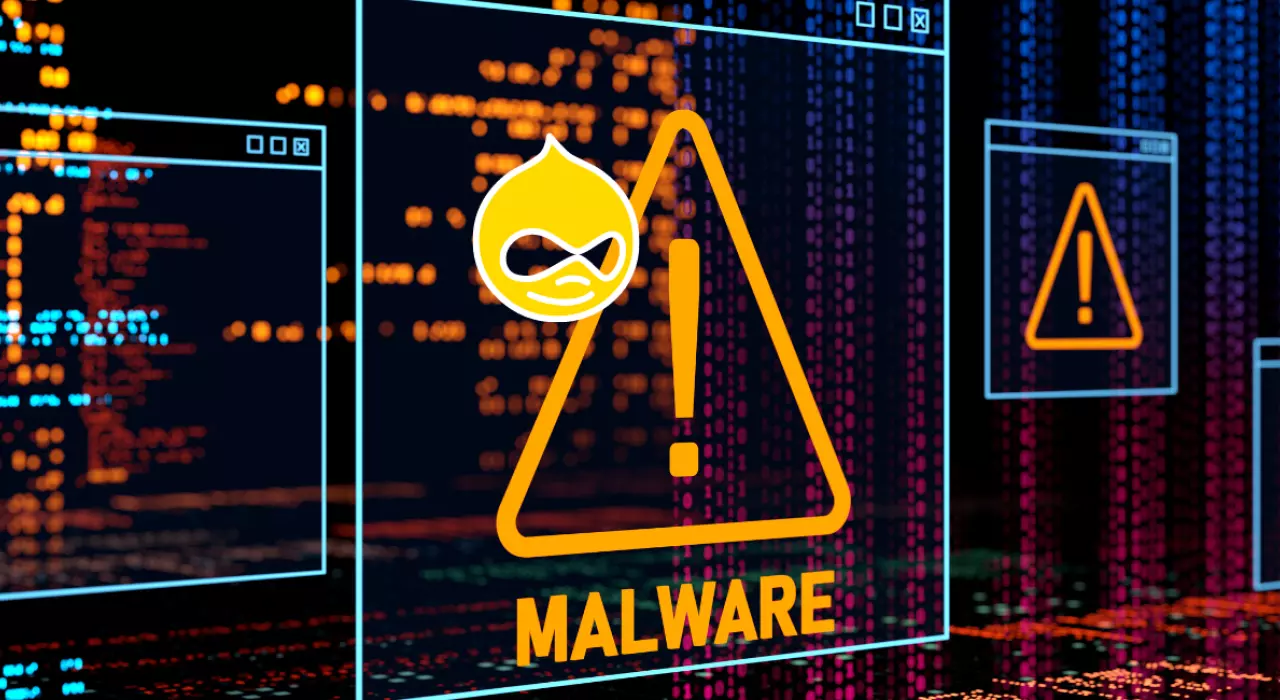
- Sécurité digitale
Cybersécurité : Comment préparer votre entreprise aux nouvelles directives NIS 2 ?

A Drupal security vulnerability has become a major concern for companies using this open-source CMS. With its growing popularity, Drupal is a prime target for cyber-attacks.
In this article, we explain how to identify and correct these vulnerabilities, while adopting effective preventive measures to protect your website.
A Drupal security vulnerability is one that allows hackers to exploit weaknesses in the CMS code. Such vulnerabilities can have serious consequences, including :
These attacks can not only compromise your site's security, but also damage your online reputation.
Although Drupal is renowned for its robustness, no platform is totally immune to attack. The following reasons make Drupal vulnerable:
Detecting vulnerabilities is the key to minimizing risk. Here are some effective ways of identifying vulnerabilities:
Once the vulnerabilities have been identified, it's imperative to put measures in place to protect your site. The following are some best practices to consider:
If you fail to correct a security vulnerability, the consequences can be potentially devastating:
A website security audit carried out by experts is a crucial step in ensuring your site's protection. Not only does it identify existing vulnerabilities, it also enables you to implement appropriate corrective measures.
Here's what you can expect from a full audit:
A Drupal security vulnerability can seriously compromise your site if not quickly corrected. Regular audits, updates and good security practices are essential to guarantee the protection of your data and your users.
Contact Esokia for a website security audit and protect your platform against cyber-attacks before it's too late.
Trust our cybersecurity experts to protect your Drupal site and ensure its compliance with security standards.